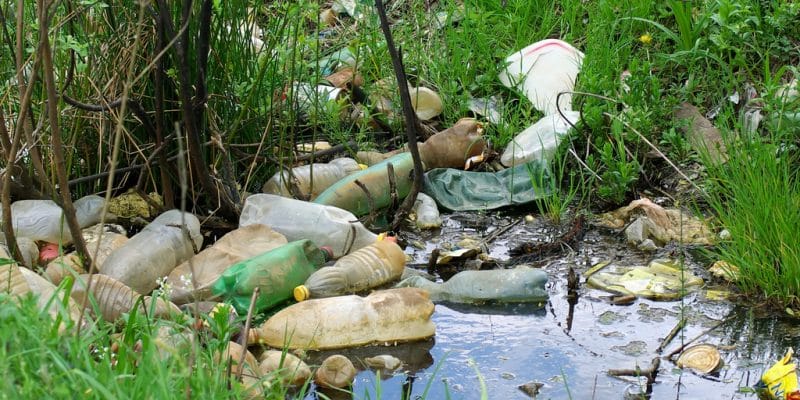On November 18th, 2020, the UK Research and Innovation (UKRI), a public body of the UK government, released approximately $26.5 million to fund the search for solutions to reduce the effects of plastic pollution, thus enabling equitable and sustainable growth. The programme to reduce the impact of plastics waste in developing countries (GCRF Plastics) is benefiting researchers in Malawi, Tanzania and Egypt.
The figures are chilling. According to Équiterre, one of Quebec’s leading environmental organizations in Canada, one million plastic bottles are bought every minute in the world and two million single-use bags are distributed around the world every day (2018 report). After use, all this plastic waste ends up on the streets and in aquatic biodiversity conservation areas, degrading ecosystems.
UK Research and Innovation (UKRI) is helping to mitigate this phenomenon in developing countries. On November 18th, 2020, the UK government’s public body awarded $26.5 million in funding to interdisciplinary research teams studying “feasible and realistic” solutions to reduce the impact of this plastic pollution in developing countries. Among the researchers involved in the programme to reduce the impact of plastics waste in developing countries (GCRF Plastics) are Egyptians, Malawians and Tanzanians. “Our investment in research for international development aims to make a positive impact on the lives of millions of people around the world and supports global efforts to achieve the UN’s Sustainable Development Goals (SDGs),” says UKRI.
Research avenues
“The research projects will draw on the arts and humanities, economic and social sciences, engineering, physical and environmental sciences and life sciences to explore ways of mitigating the effects of plastics pollution to create cleaner, more resilient and more productive environments,” explains UKRI. In Egypt, for example, experts will study the impacts of plasticulture, which is the use of plastic mulch film in agriculture. The study will quantify the risk that conventional macro-, micro- and nano-plastics pose to the long-term health of agricultural ecosystems. In this North African country, researchers will also identify practical; economic; “socially acceptable and politically viable” solutions to help clean up plastic-contaminated land and prevent further pollution through changes in social behaviour and policy.
Strengthening research
The research team will also compare waste management practices in Tanzania and Malawi, two East African countries with different plastics legislation. The aim is to understand the public health risks and environmental impacts of plastics pollution (e.g. the incidence of pathogens and the habitat of medically important mosquito species, as well as the potential for microplastics to enter the food chain via urban agriculture) in two African cities.
The approach will be the same in the other eight countries covered by UKRI funding. In these developing countries, the experts will also study the sources and pathways and fate of plastics waste (using modelling and systemic analysis of the socio-economic, behavioural and cultural factors associated with the use of plastics). The objective is to inform the development of various interventions, assessing their social, environmental and economic benefits.
GCRF Plastics is supported by the Global Challenges Research Fund (GCRF), an approximately $2 billion fund that supports cutting-edge research to address the challenges facing developing countries.
Inès Magoum






